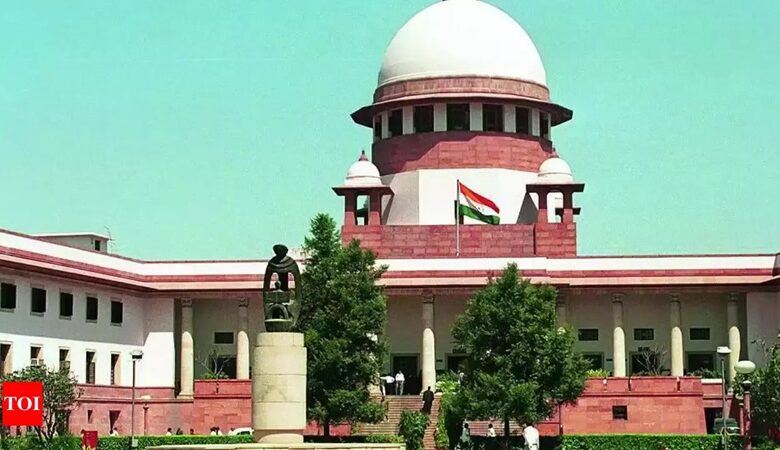Supreme Court Affirms West Bengal’s Suit Against CBI: Implications for Federal Structure

News Mania Desk/Agnibeena Ghosh/10th July 2024
The Supreme Court of India has deemed maintainable the lawsuit filed by the West Bengal government against the Central Bureau of Investigation (CBI) for allegedly unauthorized investigations in the state despite the withdrawal of general consent in November 2018. A bench comprising Justices BR Gavai and Sandeep Mehta stated that a detailed hearing on the merits of West Bengal’s suit would be conducted later. The final hearing is scheduled for August 13, during which the court will frame the issues for adjudication after hearing arguments from both the West Bengal and Union governments.
The Supreme Court acknowledged the significance of the issue, noting its broad implications within India’s federal structure. On May 8, the court had reserved its decision regarding the maintainability of the suit. Senior advocate Kapil Sibal, representing West Bengal, argued that the Centre could not permit the CBI to conduct investigations in the state once general consent had been withdrawn on November 16, 2018.
The Centre, represented by Solicitor General Tushar Mehta, countered that the Union government and its departments do not exercise supervisory control over CBI investigations. The Centre also raised preliminary objections concerning the maintainability of West Bengal’s lawsuit, asserting that there was no cause of action against the Union of India.
The West Bengal government has invoked Article 131 of the Constitution to file an original suit in the Supreme Court against the Centre. Article 131 grants the Supreme Court original jurisdiction in disputes between the Centre and one or more states. The lawsuit contends that the CBI has continued to file FIRs and conduct investigations within West Bengal’s territorial jurisdiction despite the state withdrawing its general consent for the federal agency’s probes.
This legal battle underscores the tension between state and central authorities in India. The withdrawal of general consent by West Bengal reflects a growing trend among states asserting their autonomy against central agencies. Several other states, including Maharashtra, Kerala, and Punjab, have also withdrawn general consent for CBI investigations in recent years, citing similar concerns about federal overreach.
The Supreme Court’s decision to proceed with the hearing on the merits of West Bengal’s suit is significant. It highlights the judiciary’s role in resolving disputes between the Centre and states, particularly when fundamental issues of federalism and state sovereignty are at stake. The outcome of this case could set a precedent for future conflicts between state governments and central investigative agencies.
As the August 13 hearing approaches, both the West Bengal and Union governments will present their arguments regarding the CBI’s authority to operate within state boundaries without explicit consent. The court’s decision will have far-reaching consequences for the balance of power between the Centre and states, potentially influencing how central agencies interact with state governments in the future.
In conclusion, the Supreme Court’s affirmation of West Bengal’s suit against the CBI underscores the importance of federalism in India’s constitutional framework. The upcoming hearings will be closely watched, as they will address critical questions about the distribution of power between state and central authorities, and the autonomy of states in regulating the activities of central agencies within their territories.






